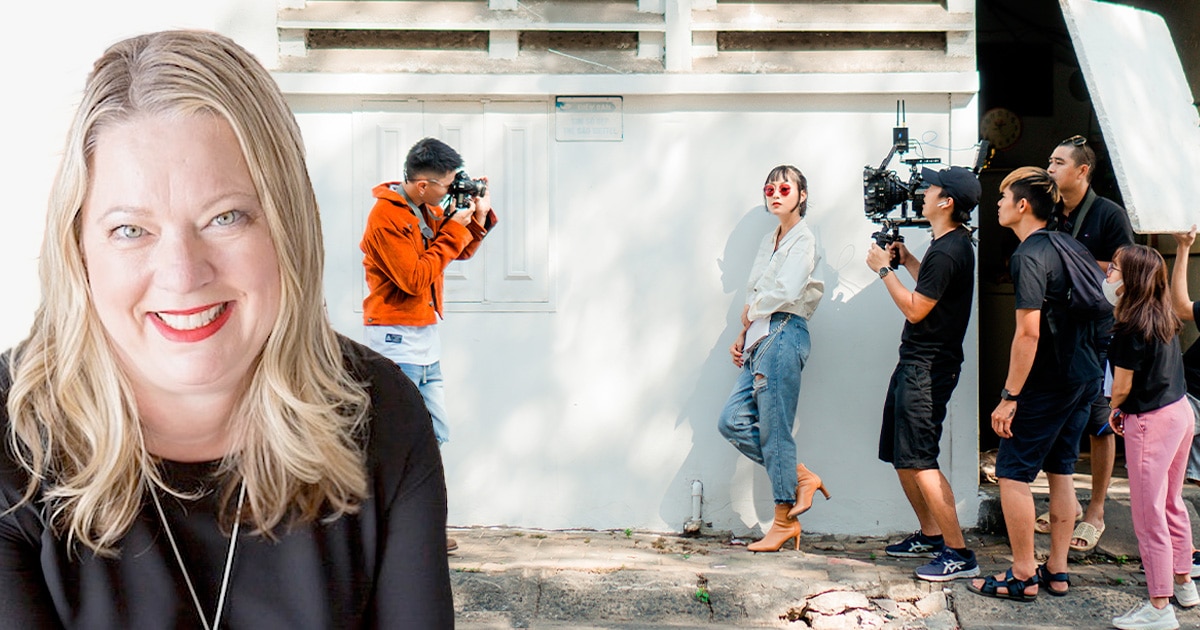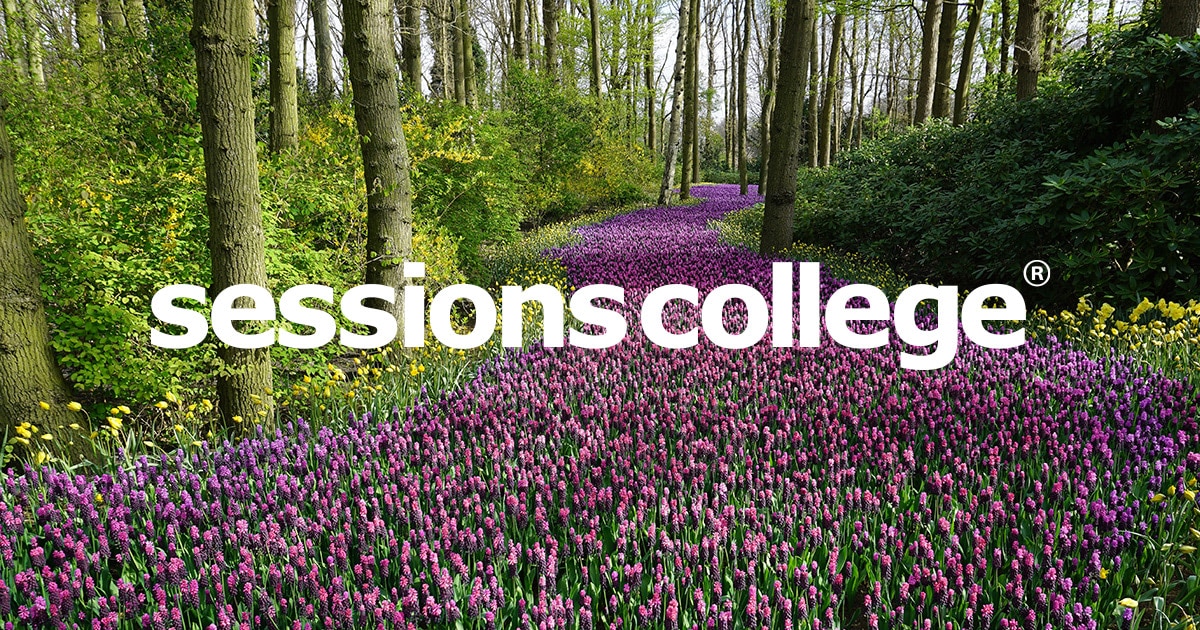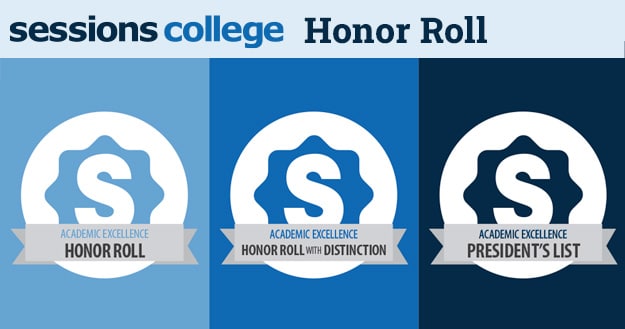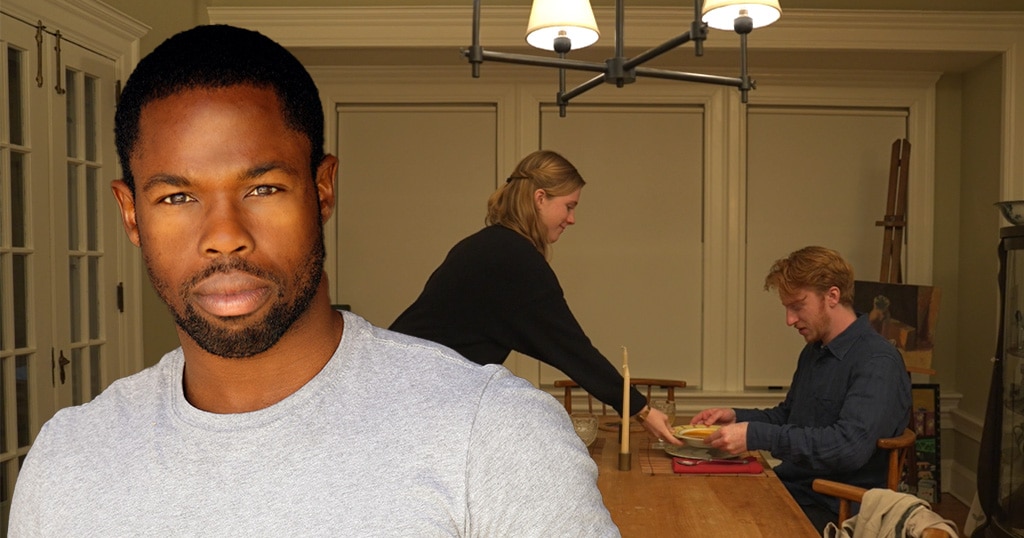Advisory Board Sessions: Digital Media Industry Trends

Sessions College Advisory Board member Amy McSheffrey has over thirty years of experience with providing full service video production and special events. An alumni of ASU’s Walter Cronkite School of Journalism with a B.A. in Broadcast Production, Amy started her career at Honeywell and Timberline Productions, before launching her own video production company Chili Pepper Productions that she ran for over 25 years. In her career she has created many award winning corporate videos, television commercials, and fundraising videos for clients across the country and internationally, working with scriptwriters, videographers, graphic artists, video and sound editors/designers to create and bring together all elements of the project.
This interview features highlights from our industry trends discussion with Digital Media Advisory Board member Amy McSheffrey.
Q: Has employment in your industry changed during the COVID-19 pandemic? If so, how?
Yes but it seems slowly getting back to normal. During the COVID pandemic a movie crew might require an ambassador or other position just to deal with COVID protocols. Now, that is starting to fall onto the producer’s lap as another responsibility. Being a “jack of all trades” continues to be a valuable asset.
The industry continues to be mainly freelance based, except for content creators who can act as a one-man band when it comes to production. In-demand job titles for digital media companies include: Content Creator, Production Assistant, Line Producer, Editor, Designer, and Audio Technician.
Q: What level of education and skills are a minimum to enter your industry?
A talented, hard-working person can be hired out of high school with work experience. This is just how the industry operates at the moment. However, with a degree, I believe you can move up the ladder much more quickly into leadership roles.
It’s helpful for candidates to have a basic idea of all aspects of production even if they want to specialize in something like field audio or lighting design. It’s advantageous to be the best team player and be helpful on set to the crew. Storytelling skills are beneficial. Art skills can aid you in understanding lighting, composition, color, and so on, as it helps to know when it’s OK to break the rules and when not to. It adds some credibility! Accounting, book-keeping, invoicing, and the basics of running a freelance or small business be can helpful too.
Be willing to be a team player, be someone that is easy to work with and fun to work with and willing to learn. Be reliable and trustworthy; be someone that can be counted on. Show up on time (early) and do what you’ve committed to do and follow up. The lack of these skills will get you fired quicker than anything else. This can take time and real life experience for some and that’s OK. Listen, listen, listen, and learn from those with more experience!
Q: What portfolio format(s) are employers looking for?
For video production, an online “reel” via Vimeo or your own webpage is expected. Keep it short but varied and highlight the things you are most proud of. Include short but varied video samples.
Try to explain what your role was on the project. Do not take credit for someone else’s work or use any thing you don’t have permission to use (copy-written music or images). Bear in mind the criteria with which it will be judged may be very subjective depending on what the client is looking for.
For more information about Amy McSheffrey, visit our Advisory Board. For more information on Digital Media majors at Sessions College, visit our Digital Media programs page.

Sessions Staff is a restless soul who loves to share relevant news and design industry information with current and prospective students. Read more articles by Sessions Staff.
RECENTLY ON CAMPUS

























 What Photoshop’s new AI Tools Mean for the Creative Community
What Photoshop’s new AI Tools Mean for the Creative Community
 Gaining Confidence and Working with Clients
Gaining Confidence and Working with Clients Exploring the Artistry of Filmmaking
Exploring the Artistry of Filmmaking